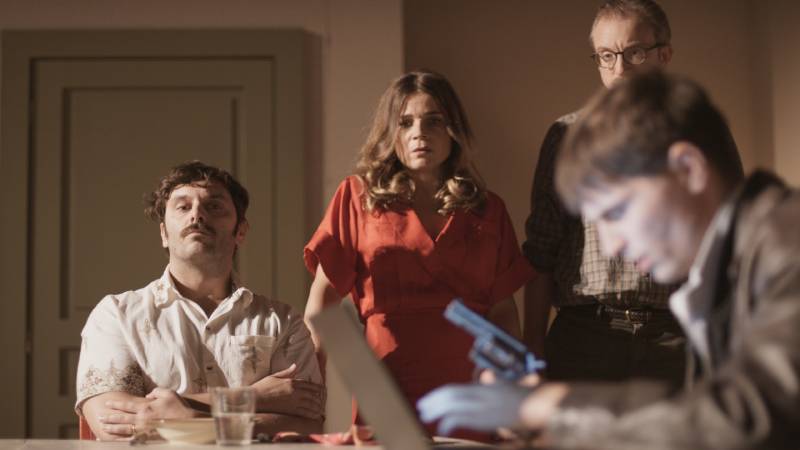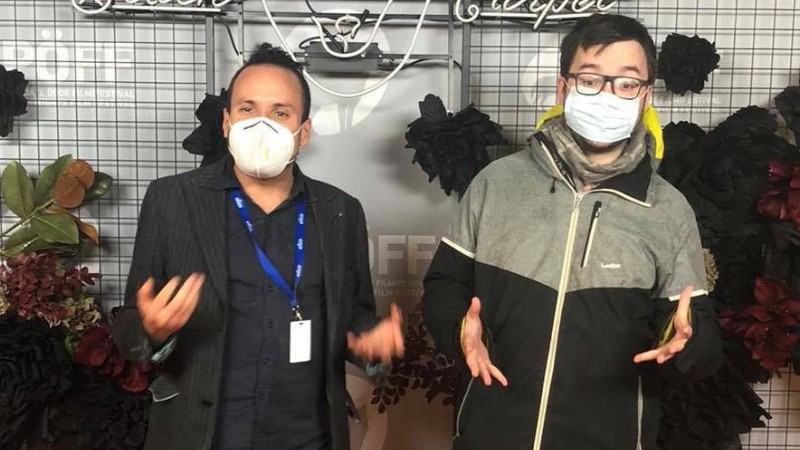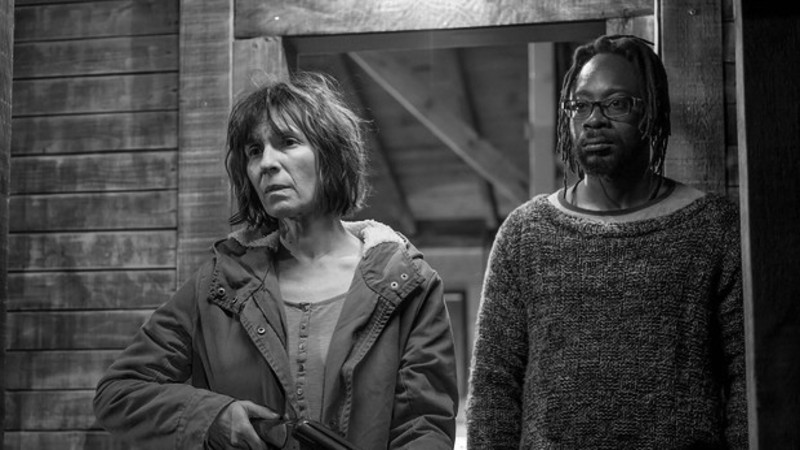Our partnership with largest film festival of Switzerland and the second oldest one in the world started in 2019, when our writer Redmond Bacon attended the event for the first time. We have since provided in loco coverage of this diverse and international film bonanza. Not an easy task. Locarno showcases on average more than 200 films per year. In 2023, the 11-day film marathon included 350 screenings divided into 12 sections (three competitive and nine non-competitive ones), talks, events, art exhibitions, parties, and a lot more. Each evening, up to 8,000 people gathered on the Piazza Grande, Europe’s largest open-air theatre, in order to watch international film premieres under the starry sky of the mountainous region of Ticino (Switzerland’s only entirely Italian-speaking canton). As Redmond decided to seek pastures green with his own endeavour, I attended the Festival myself for the first time. What an incredible ride I was in for!
In total, we reviewed 17 films (you can read the pieces in our review archive), and conducted two interviews: one with the iconic LGBT+ “king of slow cinema” Tsai Ming-liang (who attended the event in person in order to receive a Career Achievement Award), and another one with the Festival’s Artistic Director Giona Nazzaro (this was a catch-up on the conversation that we started two years ago, when he started his new position).
I carried out most of the work in loco, with a couple of remote helping hands helping me out in order maximise our coverage. Still no easy task. It is hard not to be overwhelmed by diversity of the selection, and the allure of so many film auteurs. Quentin Dupieux, Ken Loach, Radu Jude, Lav Diaz – just where does one begin? Not to mention the genuinely refined selection of short films in the Pardi di Domani (“the leopards of tomorrow”, in free translation).

My dirty favourites in the main Competition (Consorso Internazionale) this year were Quentin Dupieux’s Yannick (pictured above), a hilarious metacomedy that liberates viewers inconveniently bound to their seats, and Laura Ferres’s The Permanent Picture, a dark portrait of Spain now and under Franco (with an aesthetic touch of Ulrich Seidl). In the Pardi di Domani section, the biggest standouts were Julian McKinnon and Fiume’s La Vedova Nera, a dirtylicious Franco-Italian tribute to giallo, and Urša Kastelic’s Remember, Broken Crayons Colour too, a deeply poetic Swiss documentary about a Jamaican trans woman. They all left empty-handed.
The Golden Leopard went to Ali Ahmadzadeh’s Iranian drama Critical Zone (review to follow soon), while the Special Jury Prize of the Cities of Ascona and Losone went to Radu Jude’s Don’t Expect Much from the End of the World, a highly inventive comedy and a caustic satire of Romania (pictured below). Best Direction went to Maryna Vroda for Stepne, a sombre and sullen Ukrainian drama about a man returning to his native village in order to care for his ailing mother. The two Performances Leopards went to Renée Soutendijk in Ena Sendijarevic’s Sweet Dreams, a profound period drama about Dutch colonial relations, and Dimitra Vlagopoulou for Sofia Exarchou’s Animal. The Special Mention Award went to Sylvain George’s Obscure Night – Goodbye Here, Anywhere, a very long documentary that exoticises Moroccan boys living in the Spanish exclave of Melilla.

Other prizes include the Ecumenical Jury Prize, which went to Simone Bozzelli’s Patagonia, a twisted queer coming-of-age tale with some beautiful and disturbing moments, and the Pardi di Domani’s Silver Leopard to Leandro Goddinho and Paulo Menezes’s Paradise Europe (aka You are so Wonderful), a visceral, funny and realistic LGBT+ drama about a Brazilian gay man flat-hunting in Berlin.
Ken Loach attended the event in person, and showcased his new creation The Old Oak, which premiered in Cannes three months earlier. The film is an authentic and captivating portrayal of poverty, xenophobia and failed refugee integration in Northern England. The social realist director gets to the roots of racism without condoning it. He received a warm ovation as he presented his film at the Piazza Grande, while also remaining loyal to his socialist values in his speech (he criticised the Festival for counting a bank among its sponsors). He won the UBS Prix du Public Audience Award.
I look forward to the 77th edition of Locarno!










